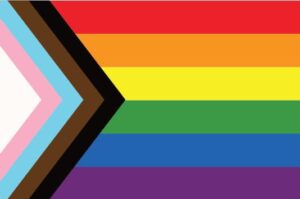Make the Most of your Pandemic Resume!
As things slowly start to open up and more employment opportunities show up on your news feed you may be thinking, “How do I account for the time off during COVID”?
If you have an employment gap in your resume during the time of COVID most employers know and understand why. However, the ways you persevered can be identified as traits which could be beneficial for future roles. Did you do any professional development, networking, webinars, podcasts, volunteering or other activities that can be added to your resume? Just remember to be specific.
Examples of activities, which you may have gained knowledge, skills or insights from, could include:
- Volunteering – did you help a vulnerable relative or neighbour with their shopping? Describe how you came about doing this and how regularly this was completed.
- Childcare – did you help out with childcare while your parents or spouse worked? Describe what you did, how often and the result.
- Podcasts and/or Webinars – provide the title, the dates and what you learned.
- Did any of your regular classes, meetings or group activities move to Zoom? If so, you now have a new skill in that area to be added to your resume.
- Cooking/baking – perhaps you have always been interested in cooking and took over the shopping, meal planning and cooking, causing you to develop skills in this area, for example with budgeting, researching new recipes, and watching cooking shows/videos.
Other Resume Tips
Branding Statement – Now more than ever it is important to have a branding statement on your resume that makes you stand out from the crowd. What do you want employers to know about you that makes you unique? It should be a short, one or two sentence summary that highlights what you do, how you do it and what sets you apart from others.
Professional Summary – Having an “Objective Statement” on your resume has gone by the wayside. Employers are now looking for a “Professional Summary” or “Profile” highlighting the skills you have that are relevant for the positon for which you are applying. This is a four or five point summary highlighting your skills.
Skills and the Result – Employers are not just looking for the skills that you have but also the results of why those skills are important. For example, instead of just having, “excellent customer service skills” you could add a qualifier like, “demonstrating professionalism and flexibility, inspiring repeat business.”
Application Tracking Systems – More often than not, when uploading your resume for a position, an applicant tracking system is used. This means stay away from using busy borders, lines, images and other artwork as these can inadvertently get your resume thrown in the “no” pile. Using unusual section headers instead of the typical “skills”, “work history,” and “education” headers can also confuse an application tracking system.
Remember, your resume is just one tool in your marketing tool box.
